Women’s Storybook Project of Texas connects children with their incarcerated mothers through the joy of literature.
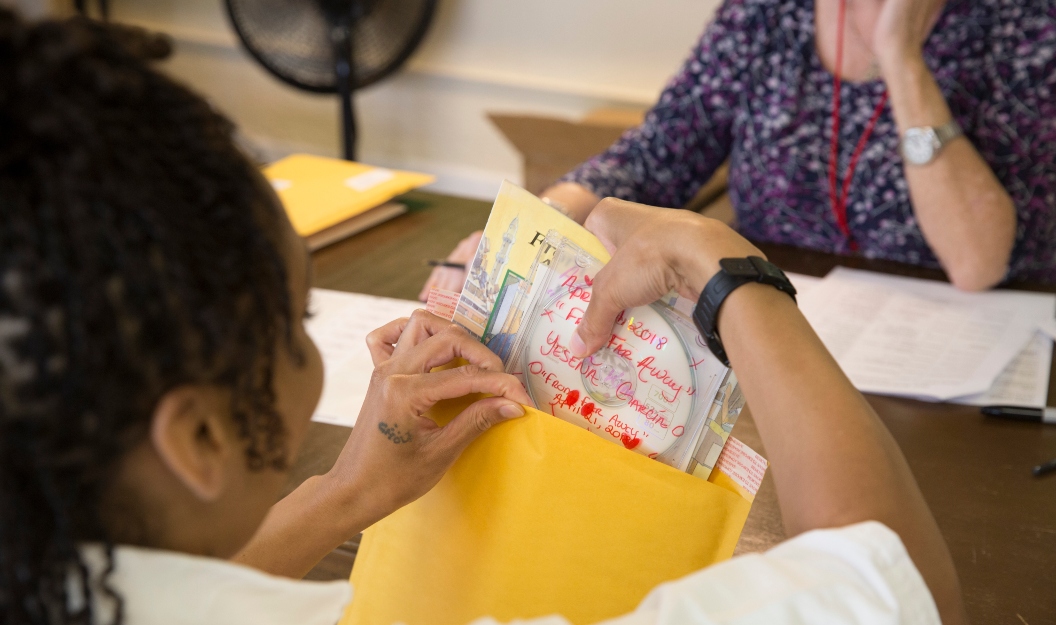
By Kristen West, Photos by Buff Strickland
CONTENT WARNING: The story includes mention of attempted suicide. Reader discretion advised.
When Angelica Zaragoza fell on hard times and wound up in the prison system, her biggest struggle was being separated from her children.
“My family wouldn’t bring them to see me. They were trying to do the tough love thing,” Zaragoza says. “I wasn’t getting visits, and I didn’t have access to a phone back then.”
While Zaragoza’s aunt did eventually deliver Zaragoza’s letters and bring her daughter to see her on special occasions, Zaragoza’s 6-year-old son, Andrew, was living with his dad who refused to give him letters or the opportunity to communicate with his mother. “I was grasping at everything and anything I could behind those walls to try and find comfort from somewhere, to try and have some communication with them,” Zaragoza says. “Eventually, being away from them, I lost hope. I tried to take my life a couple of times.”
That’s when Women’s Storybook Project of Texas, a program that records incarcerated mothers reading stories and words of love to their children, became that beacon of hope for Zaragoza. “I was elated because it was a way that my children could stay in touch with me. They could hear my voice,” Zaragoza says. “They wouldn’t forget my voice. I thought I had lost them forever.”
That sense of hope and connection was exactly what Storybook Founder Judith Dullnig aspired to when she established the program 20 years ago. “Children of incarcerated parents are a neglected population. The number of incarcerated mothers is increasing—most of them for nonviolent offenses,” Dullnig says. “We wanted to help the children connect with their mothers while the mothers are away. Perhaps reduce recidivism, in addition to preventing the children from going to prison. We wanted to break that cycle.”
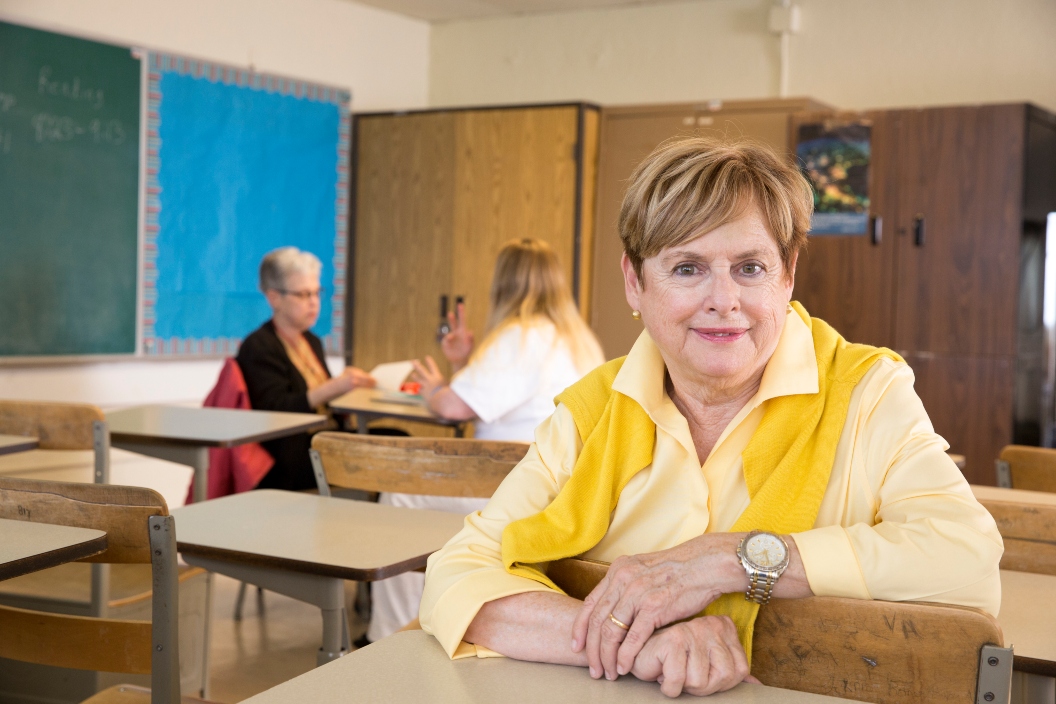
Dullnig’s vision for the organization began after a friend told her about a program in Louisville, Kentucky, that was recording moms in the local jail and giving the recordings and books to their children. “The idea immediately tugged at my heart,” Dullnig says. Through a connection within one of the Texas women’s prisons, she designed a program that would mimic the one in Kentucky.
On a Saturday in November 2003, Dullnig traveled to Gatesville, Texas, with four volunteers, four tape recorders and 25 books to begin the program. When they returned the following month to record the mothers, they heard things like, “My child took the book and cassette to bed with him,” and “My child talked back to the tape recorder.”
“I knew we had a special program,” Dullnig says.
Dullnig has a background in education, reading and psychology. Her experience volunteering at her children’s school fundraising events and several nonprofits gave her a broad understanding about founding a nonprofit.
She guided Storybook to a gradual and careful rise to success. The organization operated under the umbrella of the Austin Community Foundation until 2013, when it became a standalone nonprofit organization. It added a board of directors, a part-time employee and expanded into several women’s prisons. Dullnig learned about grant writing and gave presentations to seek volunteers and donors. She invited guests to their first annual luncheon and moved her books and other supplies from her guest room to a storage space. Volunteers began to accept leadership roles. Storybook continued its impressive growth; now it operates in all 12 state women’s prisons in Texas with several full-time staff and over 200 volunteers.
Their evolution expanded technologically as well. They went from using cassette tapes for over 10 years to bringing in laptops, which were previously considered contraband. Now volunteers burn the recordings to CDs and provide URL links.
Zaragoza’s son, now a college graduate and future nursing student who strives to help others, told his mother that he still has his original tapes. “He told me that when he felt so far and so lost—when he felt lonely—he would just play my tapes and love on the bear that I gave him,” Zaragoza says. “He could remember feeling that he knew he didn’t lose me; that I was still there and I was still his mom. To hear him tell those stories, it’s like I knew I didn’t do everything wrong.”
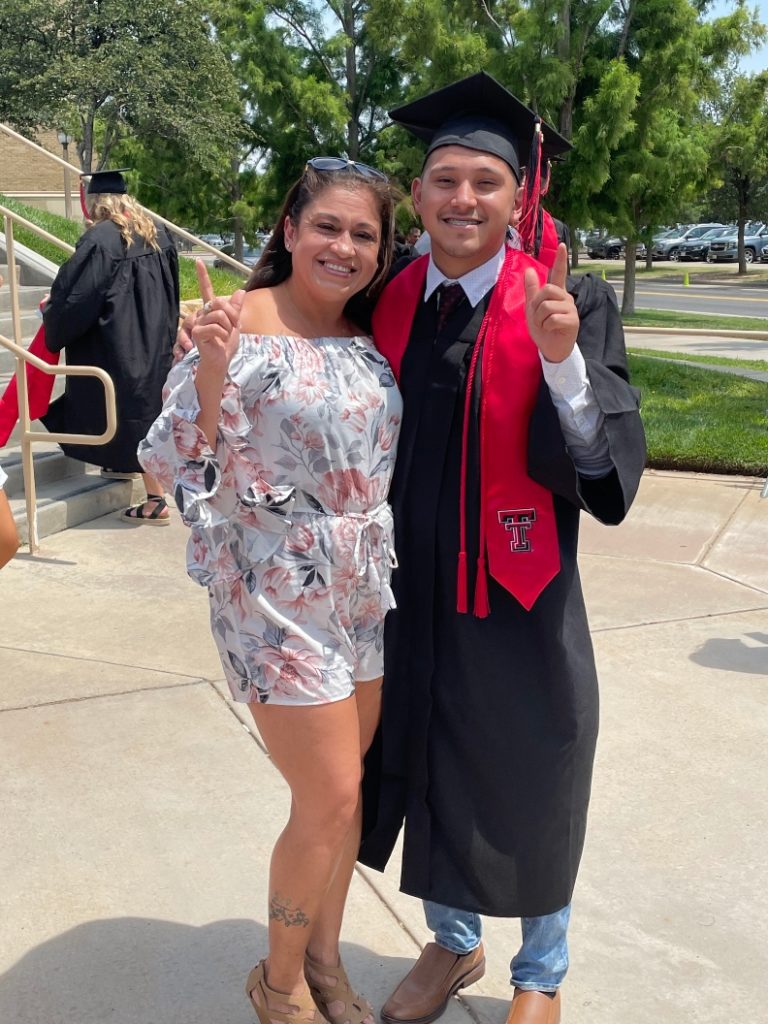
Everything that he’s seen me go through and everything we went through as a mom and a son; he just wants to help. He wants to help make people better.
Angelica Zaragoza with her son Andrew
For incarcerated moms, Storybook also introduces a motivation to stay on a positive path while inside the prison, in order to be accepted into the program. “I went in as a bad actor. I wasn’t trying to listen to the guards. Then when I found the program, I started to want to change inside so that I could participate. I could have that privilege, and my children could hear my voice,” Zaragoza says.
Many participants report feeling a connection. Not just with their children, but also with their true selves and with the volunteers. “It was the love that they brought in, not only the access to reading the books to the children; the love that the volunteers brought in and shared with you as a human and not as a number,” Zaragoza says. “It made me strive to be better.”
Women’s Storybook Project Executive Director Jill González agrees that volunteers help remind the participants who they are outside of the prison system. “Storybook moms are more relaxed than usual because they’re with a group of people who care about them. We use their names, and they get to be a mom. They get to talk about their kids,” González says.
The minimum commitment to volunteer with Storybook is relatively low, but the benefits are huge. Volunteers not only connect with the program moms and create a ripple effect of family connections; they also connect with other women who share a similar passion. They are required to commit to two recording sessions per year, but most sign on for more. On a recording day, volunteers carpool to one of the prisons, which is typically an hour or more away. They have lunch together and carpool back after the session. “It’s a great day because you meet people who are dedicated to the mission. They can make really good friendships along the way because you have time to talk on that drive,” González says.
During the session, the participants and volunteers are led to a classroom or library where they can browse books almost like a book fair. They begin with an opening circle for introductions, feedback from the previous month and conversation about the books. Mothers then choose one book for each eligible child and pre-read the book so they will feel confident when they record. Volunteers will invite women, one at a time, to record the books for their children.
After they’ve recorded, moms complete a bonding activity to mail with the recording, which is an additional way for the mother to connect with their children. Activities can be anything from acrostic poems or making a puzzle of shared traits, to drawing or talking about their favorite page in the organization’s signature book, The Invisible String by Patrice Karst. The idea is to allow the mothers to go a step deeper with their child.
Once mothers finish four months of recording sessions and graduate from the program, they are able to continue to send books and bonding activities to their children for another four months. They can reapply for the Storybook program afterward if they choose.
I received The Invisible String and read it to my son over the phone, and we both loved it. What a great book; thank you. My son received a book about the same time, and he read it to me. I love it! I loved hearing his beautiful voice reading to me. This time away is something I’ll never be able to get back, but at least it paused for a minute and we were able to share the same space. The pain of missing him is something I could never have imagined. But while we read, we were together. Thank you.
Women’s Storybook Project participant
Storybook also aims to continue its connection with the moms during the difficult transition after they are released from prison through a new program called Storybook@Home. After they are released, mothers are invited to a virtual meeting every two weeks where they can join discussions about reading and receive parenting tips. The dream is to build a community of moms working on family literacy after their sentence.
In addition to growing their Storybook@Home program, González says their team has big plans for the next five years. “We currently serve about 16% of the mothers in Texas state prisons,” González says. “We want to double that.”
In order to do that, they will need additional volunteers and funding. One way they are kick-starting their goal is by celebrating the organization’s extraordinary impact and growth during Storybook’s 20th anniversary this year. The anniversary celebrations will begin with Storybook’s annual luncheon in Austin and continue with an additional luncheon in Houston, volunteer appreciation and reunions and a redesign of their website.
Their biggest celebration, though, will be in December at the Neill-Cochran House Museum where they will host a party, announce new initiatives and launch their new endowment founders fund.
The celebrations are about more than just the growth of numbers and support, however. It’s about the lives that have forever changed because of the program.
“It helps a person change from the inside out,” Zaragoza says. “To bring in love and humanize, just the hug or the handshake and things like that; it’s remarkable what it does to a person inside. It gives them back the hope that they’re not alone. That’s the major thing that we fight in prison. That feeling that we’re alone and that nobody cares.”
Without Storybook, she says her connection with her family, especially her son, would have looked very different or nonexistent. “There would have been no connection with Andrew, period, at his younger ages if I didn’t have Storybook.”
Thank you so much for this program. My daughter and I both enjoyed it very much. It gave us a way to connect even from afar. It made me feel good that even from behind bars I was able to give her something. I can hardly tell you in words how good that made me feel or how much it means to me. Now that I am home, we can build on those connections we had made.
Women’s Storybook Project participant
Zaragoza is now the senior program director of Girls Embracing Mothers, a program that provides visits for young girls to their mothers in prison once a month in the Gatesville area. “I found my purpose. It’s through all the programs that I was able to be a part of, like Storybook, that fed my spirit.”
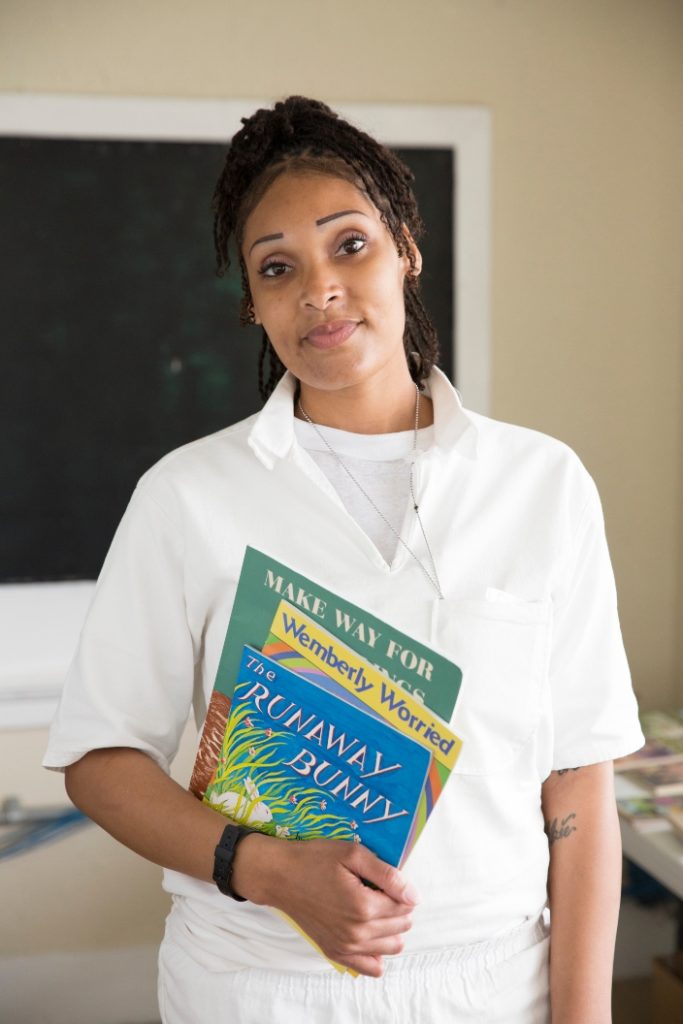
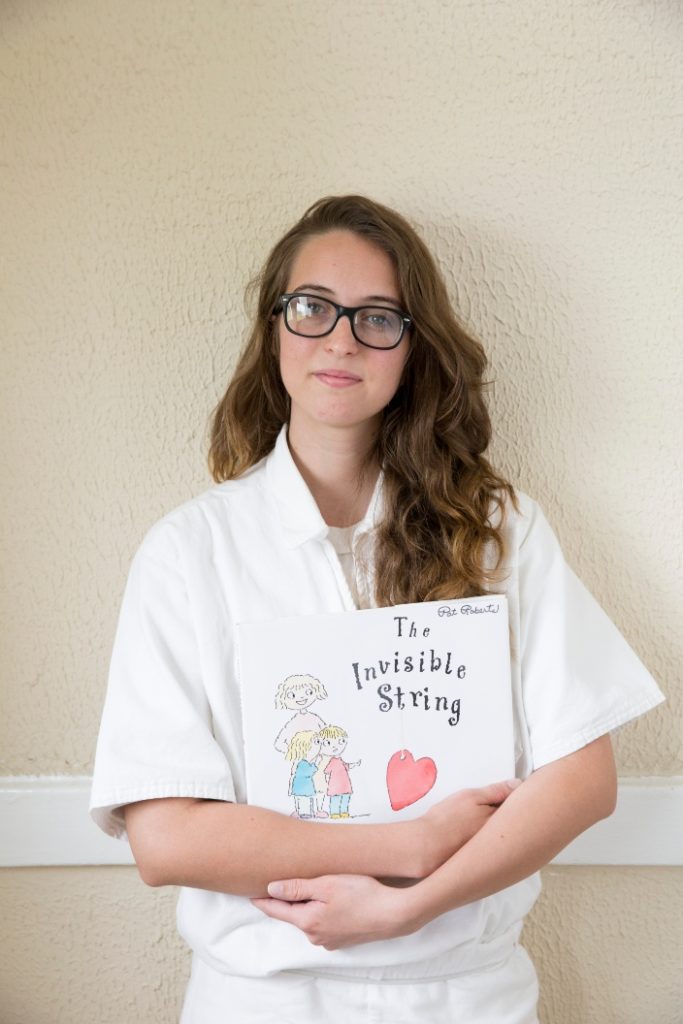
Dullnig says she looks back at the organization’s progress with awe and gratitude. “I feel very proud, but most of all overwhelmed at the success of this unique program. It began in one female prison with five volunteers. In 2022 alone, we were able to connect over 300 families and we are supported by over 200 volunteers. That is just so powerful.”

